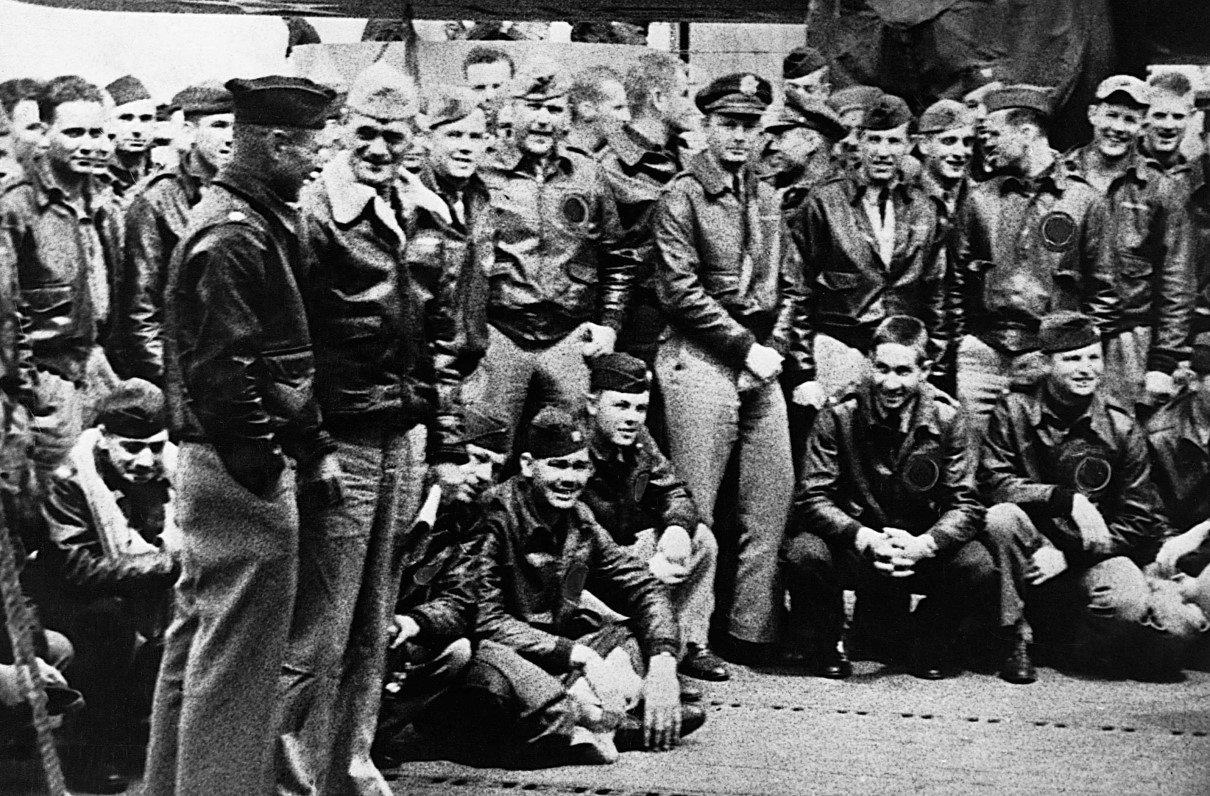By Todd Gilchrist
Whatever physical damage was caused by World War II's Doolittle Raid on the Japanese mainland was eclipsed by the psychological impact of the act's audacity. The April 18, 1942, bombing marked a turning point in the U.S. military's response to Japan after the attack on Pearl Harbor.
In 1942, World War I veteran Lt. Col. James “Jimmy” Doolittle volunteered to organize a top-secret attack on targets in Tokyo, Osaka, and elsewhere from the aircraft carrier USS Hornet (CV-8).
The retaliatory effort caused only about 50 casualties and another 400 injuries; meanwhile, 77 of 80 crew members initially survived the mission, including Richard Cole, Doolittle's copilot. Cole retired as a lieutenant colonel and today is the last living member of the Doolittle Raiders. He turned 103 in September.
Doolittle worried at the time that the mission had failed (and that he'd be court-martialed), but it raised morale back home, while uncovering key Axis vulnerabilities and contributing to Japan's decision to attack Midway only a few months later - a battle in which they suffered a devastating defeat, and which ultimately became a turning point for Allied forces in the Pacific War.
